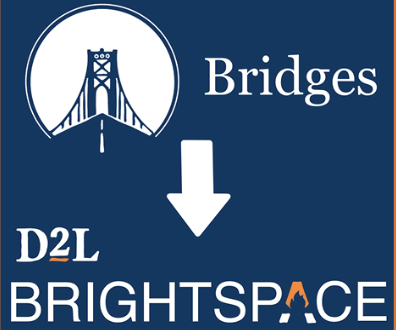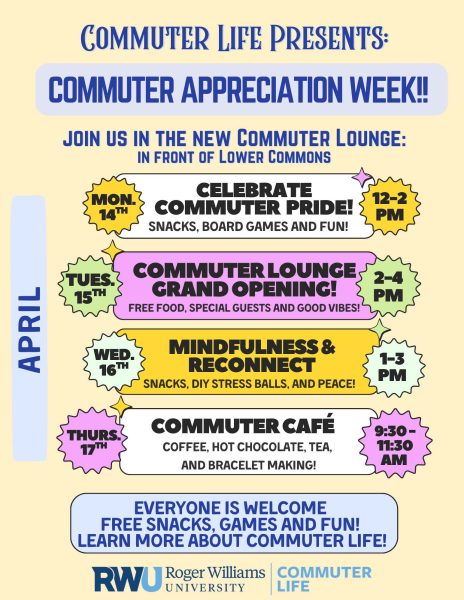COVID-19 impacts college application process
College admissions are among one of the many things affected by the COVID-19 pandemic. Amy Tiberio, Roger Williams University Dean of Admission, provided an inside look at the changes that have taken place this year at RWU and other colleges throughout the nation.
Tiberio said that due to the pandemic, almost every aspect of the college application process is behind its typical schedule.
While this means RWU’s application numbers are slightly behind where they typically are at this time of year, Tiberio said there is no need for concern.
“While I’m optimistic about meeting our enrollment goals, I don’t think it’s realistic to expect that the application volume is going to end up matching last year’s volume just because of everything going on,” she said.
Due to a lack of in-person interaction in high schools, there have been less opportunities for counselors to reach out to a variety of students and assist them in their process of applying to colleges, which affects some students more than others.
“The population of students who are first-generation or low-income or from underserved communities and under-resourced communities are impacted at an even greater rate,” Tiberio said.
This means that ultimately there has been a decrease in application rates from these populations.
Many typically in-person admissions opportunities such as college fairs took place online this year. According to Tiberio, RWU admissions implemented other online opportunities such as admissions interviews between prospective students and admissions counselors or alumni to connect one on one and learn about the university. Tiberio shared that nearly 400 people took advantage of this opportunity. The university has also been hosting specialized sessions such as how to apply to college, how to write your college essay and how to afford college.
“This positions us as a place that is willing to help and willing to work with families and students and are really here for them, and I think that really builds that relationship and trust,” Tiberio said.
The pandemic resulted in limited opportunities for campus visits. According to Tiberio, RWU has been offering limited capacity in-person visits since June. Yet, whether it be due to personal discomfort or state travel restrictions, far fewer students have visited the RWU campus this year than in the past. August, a month with typically high visitation numbers due to many events occurring, saw 754 student visits in 2019. In 2020, there were only 201 visits in August.
One major change in the college application process this year is the increase of schools that have temporarily become SAT and ACT test-optional. This is largely due to the inability of many students to take these tests due to a large number of cancellations because of the pandemic and safety concerns. Even though most colleges have gone test-optional, Tiberio said a level of mistrust still lingers for families, who worry students will be judged by these schools for not having test scores. This has led to remaining pressure on students to take the tests, even if it means taking drastic measures, such as traveling many states over to find an open testing site.
While these changes do not really have an impact on RWU, as the university has been test-optional for many years now, Tiberio has seen a change in the percentage of students who submitted their test scores with their applications. In previous years, around 65% of applicants included test scores while around 35% did not. Those numbers flipped this year, with only about 35% of applicants including test scores while 65% chose not to.
Tiberio pointed out an interesting phenomenon, regarding an increase in applications to Ivy League schools as they also moved to a test-optional format during the pandemic. She said it will be interesting to watch the impact of this, as those admissions decisions will not be sent out until around April.




